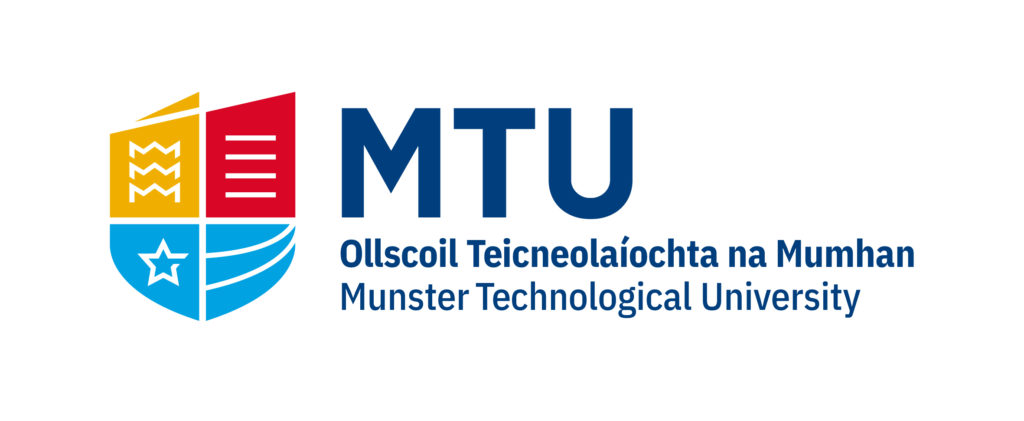Overview
The proposed “Cybersecurity Awareness for Teaching and Learning in Higher Education” course equips educators with essential knowledge and skills to navigate the digital landscape securely, ensuring the safety of instructional materials and students. The curriculum focuses on cybersecurity awareness tailored to commonly used teaching software, including Zoom, Teams, and Virtual Learning Environments, addressing software-specific security, cybersecurity hygiene, and vigilance against threats, such as phishing and ransomware attacks. This empowers participants to create secure and resilient digital teaching environments, fostering safety for educators and students.
Initial Learning Objectives
- Understand cybersecurity fundamentals in an educational context.
- Recognize and mitigate common digital teaching and learning threats, particularly phishing and ransomware attacks.
- Apply secure configuration and usage techniques for educational software tools.
- Implement cybersecurity best practices in teaching and learning.
- Analyse and evaluate ethical considerations for establishing a secure digital teaching environment that protects educators and students.
Learning Outcomes
By the end of the “Cybersecurity Awareness for Teaching and Learning in Higher Education” course, educators will be able to:
- Demonstrate a comprehensive understanding of cybersecurity fundamentals within the context of higher education, including the principles of data protection, encryption, and secure communication.
- Identify and effectively mitigate common digital teaching and learning threats, with a particular focus on phishing and ransomware attacks.
- Apply secure configuration and usage techniques for a variety of educational software tools, such as Zoom, Teams, and Virtual Learning Environments, to safeguard instructional materials and ensure a secure learning environment for students.
- Implement cybersecurity best practices in their teaching and learning processes, including the use of strong, unique passwords, multi-factor authentication, and data encryption, to reduce vulnerabilities and protect sensitive educational data.
- Analyse and evaluate ethical considerations when establishing a secure digital teaching environment, addressing issues related to privacy, data protection, and responsible technology use, while fostering a culture of trust and respect among educators and students.
You’ll Learn to
The main topics participants in this course will learn:
- Cybersecurity Fundamentals in Education. Exploring the core principles of cybersecurity within the context of higher education, covering data protection, encryption, and secure communication. Analysing and evaluating related ethical considerations.
- Threat Mitigation for Educators Addressing common digital teaching and learning threats, with a specific focus on strategies to counter phishing and ransomware attacks.
- Securing Educational Software Tools Learning techniques to ensure secure configuration and usage of various educational software tools, including Zoom, Teams, and Virtual Learning Environments, for the protection of instructional materials and creating safe learning environments
- Implementing Cybersecurity Best Practices Implementing cybersecurity best practices within teaching and learning processes, emphasizing the use of strong passwords, multi-factor authentication and data encryption to minimize vulnerabilities and protect sensitive educational data.
On earning your open badge award for this course, you will have achieved further recognition in the following domains of the National Professional Development Framework for Staff who Teach:
- Domain 1 (The Self): The course enhances educators’ understanding of cyber security and privacy, an essential aspect of their professional and personal values. It equips them to navigate the digital teaching landscape securely, demonstrating the centrality of ‘the Self’ in teaching development.
- Domain 4 (Professional Knowledge and Skills): The course ensures educators remain current in terms of cybersecurity knowledge and skills, enabling them to implement secure teaching practices underpinned by an evidence-based approach.
- Domain 5 (Personal and Professional Digital Capacity): Given our digital world, the course supports educators in developing digital skills for harnessing technology safely in their teaching, aligning with the need for digital capacity in the teaching environment.
Course Developers
This open course has been developed by the National Forum for the Enhancement of Teaching and Learning in Higher Education in partnership with:


Dr. Anila Mjeda
Munster Technological University
Enroll in this Course
Enroll in this Course
Learn as part of a group in an upcoming facilitator led programme
Enrollment
Facilitator-led courses run at different times throughout the year and result in a digital badge. Some are entirely online, some are blended, and others face-to-face. Additional facilitator training may be provided so that you can later facilitate your own open course.
Subscribe below for updates on this course and we will notify you when registration opens.
More courses you might like
Participants who viewed this open course have also viewed these courses.



